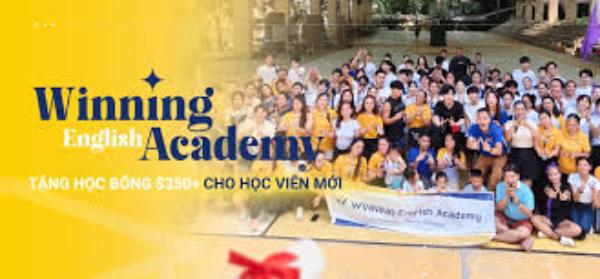
English Immersion with Winning English Academy’s Summer Camp in Cebu
Immerse yourself in English while exploring island life in Cebu with Winning Academy’s summer camp—where global learning meets tropical adventure.
The Cambridge Tradition, held at Jesus College, University of Cambridge, is an enriching high school program for students in Grades 10-12. This program offers unique courses such as Aerospace Engineering, Medicine, and Psychology in two-week sessions. With costs starting at $7,125 for a single session, students experience a blend of academic rigor and cultural immersion. The tuition covers accommodation, meals, and various educational activities. Additionally, there’s an option to extend the experience with the Barcelona Connection. The program emphasizes hands-on learning, cultural exploration, and personal growth, making it an ideal choice for ambitious high school students. For more details, visit The Cambridge Tradition.